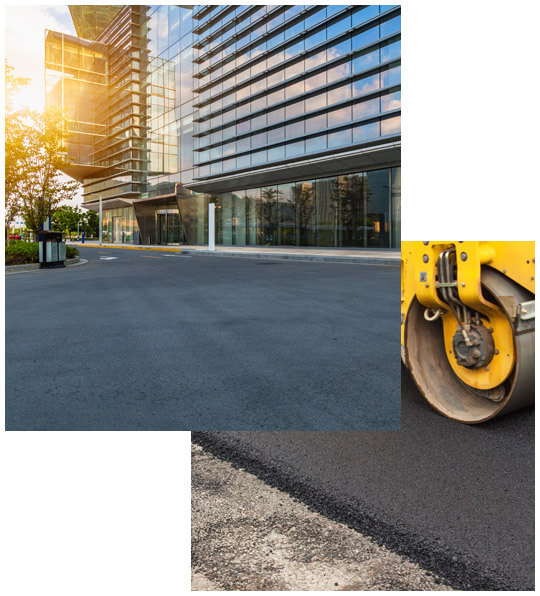Driveways and their pros and cons
More than settling in a new and comfortable home, it is important to have the best driveway with it. This may depend on the budget, area, risks, and look you want. These factors will help you decide what materials to use.
What is an asphalt driveway?
An asphalt driveway is usually liked by many. It is durable and quick to install. It only needs low maintenance costs too. Asphalt driveways are DIY friendly and may last for about 15 to 20 years. Yet, it only has limited designs to choose from. It is also prone to plant damage and overheating.
Is Bitumen the same as asphalt?
Bitumen is often mistaken for asphalt. This is because asphalt has 5% bitumen. It is a bonding agent mixed with gravel and sand. A bitumen driveway is a double-coated surface. It is a layer of this substance, then a mixture of gravel and sand. There is also another layer of this liquid sealant on top. Bitumen is from petroleum. This makes both driveways water and oil-spills resistant. Yet, asphalt driveways are more favourable. This is because they are stronger and more flexible than bitumen driveways.
What are the pros of a concrete driveway?
Meanwhile, a concrete driveway is more expensive than asphalt. It lasts longer for about 30 to 40 years if installed and utilized well. It also has a good reaction with light and heat. This is strong enough to hold heavy vehicles with excellent buildup. Even so, vehicle oils and other fluids stain concrete driveways compared to asphalt. Also, it requires professionals for proper installation.
Looking for someone to help you in your driveway? Leave everything to the experts and have a quality driveway that will last for ages.

